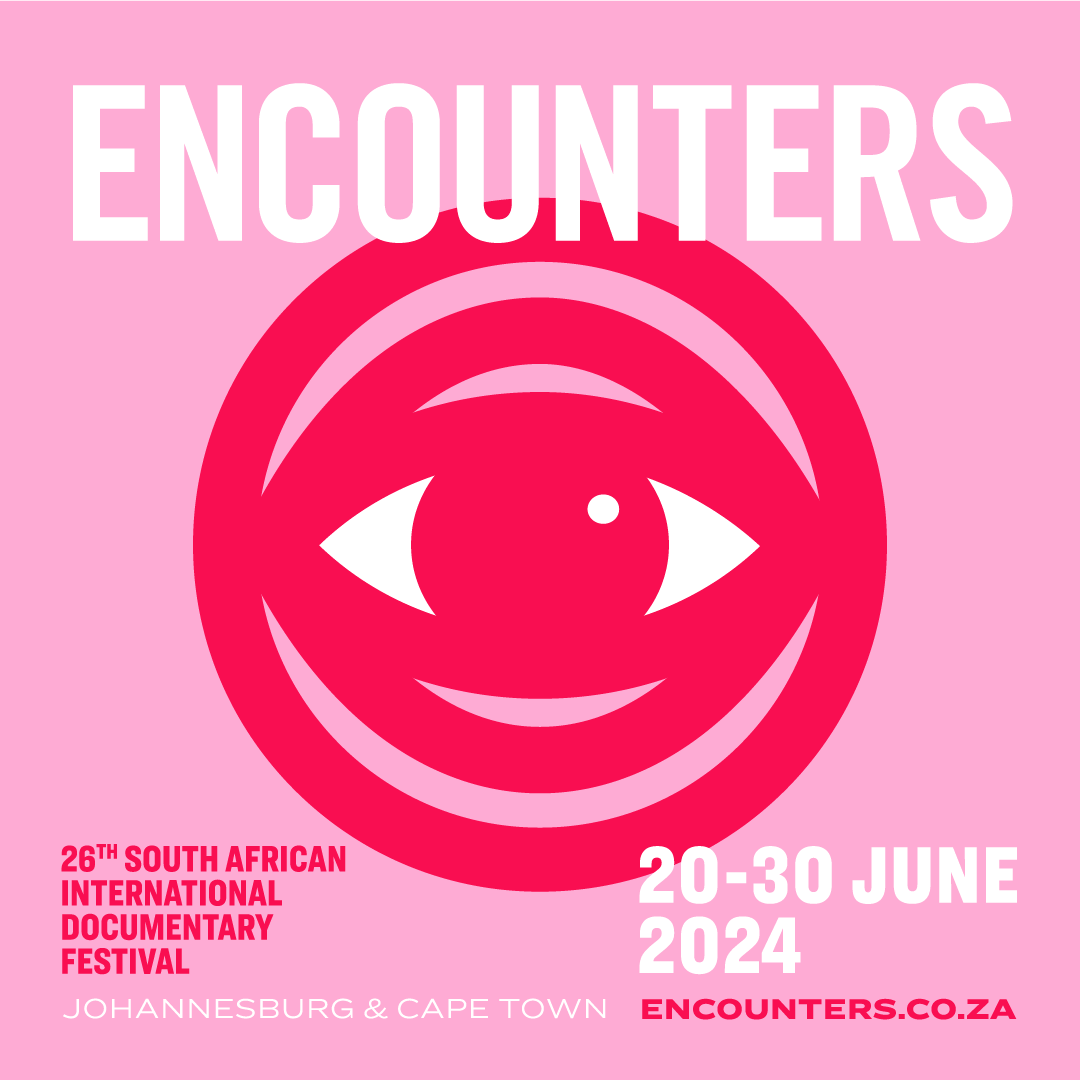The 26th Encounters South African International Documentary Festival, which takes place in Cape Town and Johannesburg from 20 to 30 June, features a compelling line-up of films from around the globe that promise to spark debate, stimulate conversations, and shed new light on controversial subject matter.
From the Congo to Kenya, USA and Europe, Lebanon to Japan with gripping tales of resilience to thought-provoking explorations of contemporary issues, these films reveal a rich tapestry of global storytelling and celebrate the power of documentary cinema to inspire, inform, and ignite change.
The multiple award-winning Soundtrack to a Coup d’État, is a riveting documentary that delves into the complex relationship between music and political upheaval. Directed by Johan Grimonprez (Belgium/France/The Netherlands) jazz and politics are intertwined in this depiction of murky international interference in decolonisation and the Cold War. It’s 1960 and against the background of jazz sounds of Louis Armstrong, Dizzy Gillespie, and Nina Simone, a wave of decolonisation movements tear through Africa, and the struggle for civil rights marches on in the USA. Beat by beat, Grimonprez traces Patrice Lumumba’s rise to become Congo’s first democratically elected prime minister—and the meddling forces that conspired his assassination. Deeply researched, the film interweaves archival records, home movies, unheard speeches by Lumumba, and memoirs by Congolese activists and writers with the story of the Black jazz legends who defined the era. Pulsating with the energy of the period, this masterpiece of documentary filmmaking is a chilling indictment of the colonial impact on Africa.
Moving to East Africa and keeping with the thread of international interference, the Kenyan film Our Land, Our Freedom directed by Zippy Kimundu, is a highly charged conversation about stolen land that follows a woman’s attempt to reclaim ancestral land. What begins as a search for her father’s remains soon turns into a tense national issue surrounding British colonialism, freedom fighters, and an unjust reality. It is pure grit, determination, and a genuine love for her people that keeps her going, pushing her to provide for those who did so much for her country yet received so little reward for their sacrifice.
Of particular interest are two fascinating films from Japan: In a raw, riveting, and singular work, playing like a procedural thriller for social media, Black Box Diaries (Japan/USA/UK) directed by journalist Shiori Itō bravely investigates a case of sexual violence perpetrated against her—to bring her powerful, politically connected assailant to justice. As she pieces together evidence, she exposes the paralyzing roots of patriarchy in Japan. Her brave story is a reminder of how far the world still has to go in believing women, and the trauma of survivors. Her quest results in a landmark case in Japan, exposing the country’s outdated judicial and societal systems. The film won the Human Rights Award at CPH:DOX in Denmark.
Then the beautifully photographed film – Johatsu – Into Thin Air directed by Andreas Hartmann and Arata Mori explores the phenomenon of people who disappear known as Johatsu or “the evaporated” in Japan where around 80,000 people vanish every year. Most are found or return home but thousands simply disappear. We meet people who have chosen to do this and those looking for them, as well as the people who help them so they can reset their lives in places where no one knows them. Johatsu provides an intimate window into the lives of those who have decided, for one desperate reason or another, that they need to start anew.
In true “eyes-on-the-ground” and breathtakingly edgy filmmaking, Egyptian director Ibrahim Nash’at scores a major coup in Hollywoodgate (Germany/USA) when he is granted permission to document the transition of Afghanistan to Taliban rule after the US withdrawal in 2021. The Taliban took over one of the USA’s CIA bases with infrastructure of containers bearing the name “Hollywood Gate” filled with weapons enabling them to equip a new combat unit. Over a year, Nash’at follows the development of this unit and provides an authentic inside glimpse into the Taliban’s rapid rise to power.
Encounter screens “two must see” films that audiences might have missed:
Dancing on the Edge of a Volcano, directed by Cyril Aris (Germany/Lebanon), is a heartwarming and lucid documentary. After a massive explosion devastated the port in Beirut in August 2020, a determined crew of filmmakers continued their project in an effort of resistance. Amidst the city’s destruction and an economic crisis during COVID-19, this family of artists finds meaning and purpose through the transformative power of cinema.
The Mother of All Lies (Morocco/Egypt) is a poetic, captivating, and cathartic exploration of the lies and memories of director Asmae El Moudir’s family, surrounding the Casablanca Bread Riots of 1981. The period of repression known in Morocco as the “Years of Lead” is hardly discussed. Narratives of trauma, loss, and love are recovered here through exquisite re-enactments played by handmade figurines, sculpted by El Moudir’s father and dressed by her mother, placed in a scale model of her neighbourhood.
Cinemas that will screen the 2024 Encounters’ line-up:
In Cape Town – Ster-Kinekor V&A Waterfront, The Labia Theatre
In Johannesburg – The Zone @ Rosebank, The Bioscope Independent Cinema



